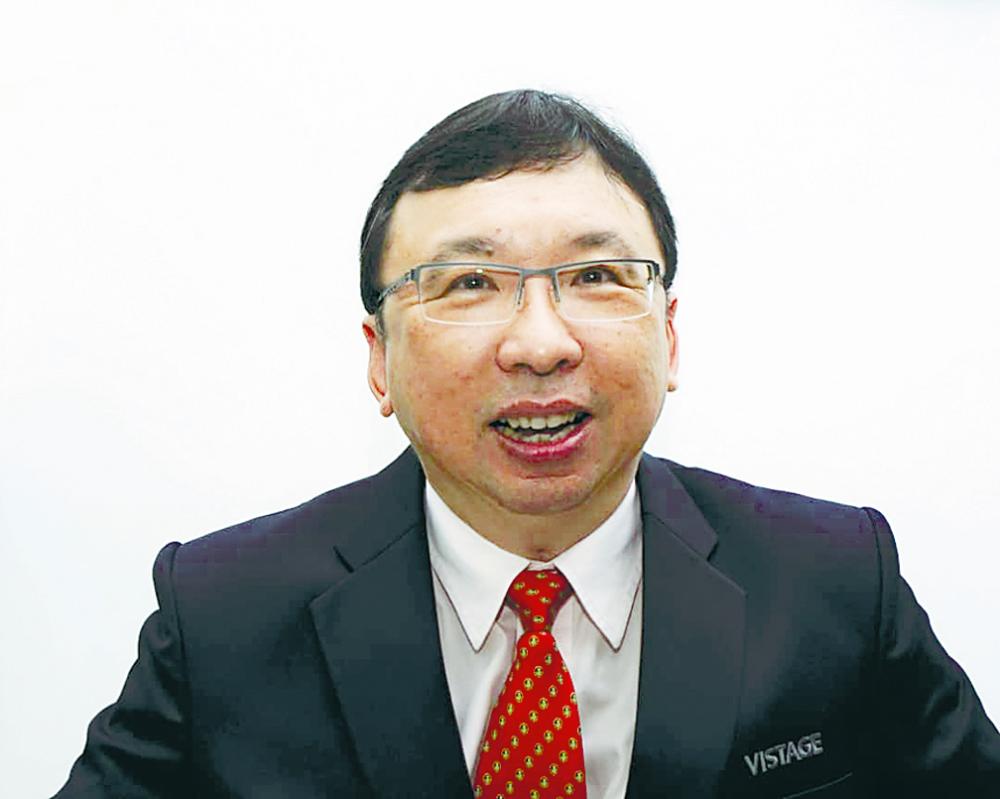PETALING JAYA: The Small and Medium Enterprises Association (Samenta) has urged the government to revamp the education system and focus more on Technical and Vocational Education and Training (TVET) programmes to ensure the success of the proposed progressive wage policy.
The proposed policy, which is based on a progressive wage model (PWM), aims to increase employee wages in parallel with increased productivity and will be introduced through a starting salary guide by position and progressive annual salary increases.
Commenting on the white paper which was tabled in Parliament last week, Samenta’s national secretary, Yeoh Seng Hooi, noted that the policy aims to raise employees’ skill sets and productivity.
He believes the current education system should be improved and revamped in order to nurture the future workforce and equip them with skills to make them more marketable besides placing more emphasis and grants for TVET programmes.
Yeoh opined that through a sound education foundation, graduates would have adequate technical and soft skills before they enter the job market, particularly into the private sector.
“Industries should not be burdened to assume the role of educational institutions,” he told SunBiz, adding that there should be collaboration between educational institutions and the private sector in terms of designing course syllabuses as it was important for the latter to share their inputs.
Furthermore, he said SMEs should continue to train and upgrade their staff.
If SMEs were to adopt the PWM, he said the focus would be to enhance the skills of their workers. Hence, it should not only be confined to technical workers as “even service workers can be further trained with a structured career path”.
“When productivity increases, wages will rise in tandem. Market forces will ensure that there is wage equilibrium. However, SMEs may wish to tie down the employees should they invest significantly in their training and development,” he remarked.
According to Economy Minister Rafizi Ramli, there will be a pilot run for PWM that will commence in June 2024, which will see 1,000 organisations with employees earning between RM1,500 and RM4,999 participating.
Yeoh said the number of companies were too few and suggested for the government to fund the training through matching grants.
However, he expressed that cash incentives of RM200 to RM300 for SMEs per month for 12 months under the proposed policy “may not have much lasting impact”.
“Instead, SMEs should be given a matching training grant up to RM10,000 per employee for those earning below RM5,000 monthly. In return, the SMEs are contractually bound to raise the salary of the employee by at least RM300 per month after the training,” he added.









